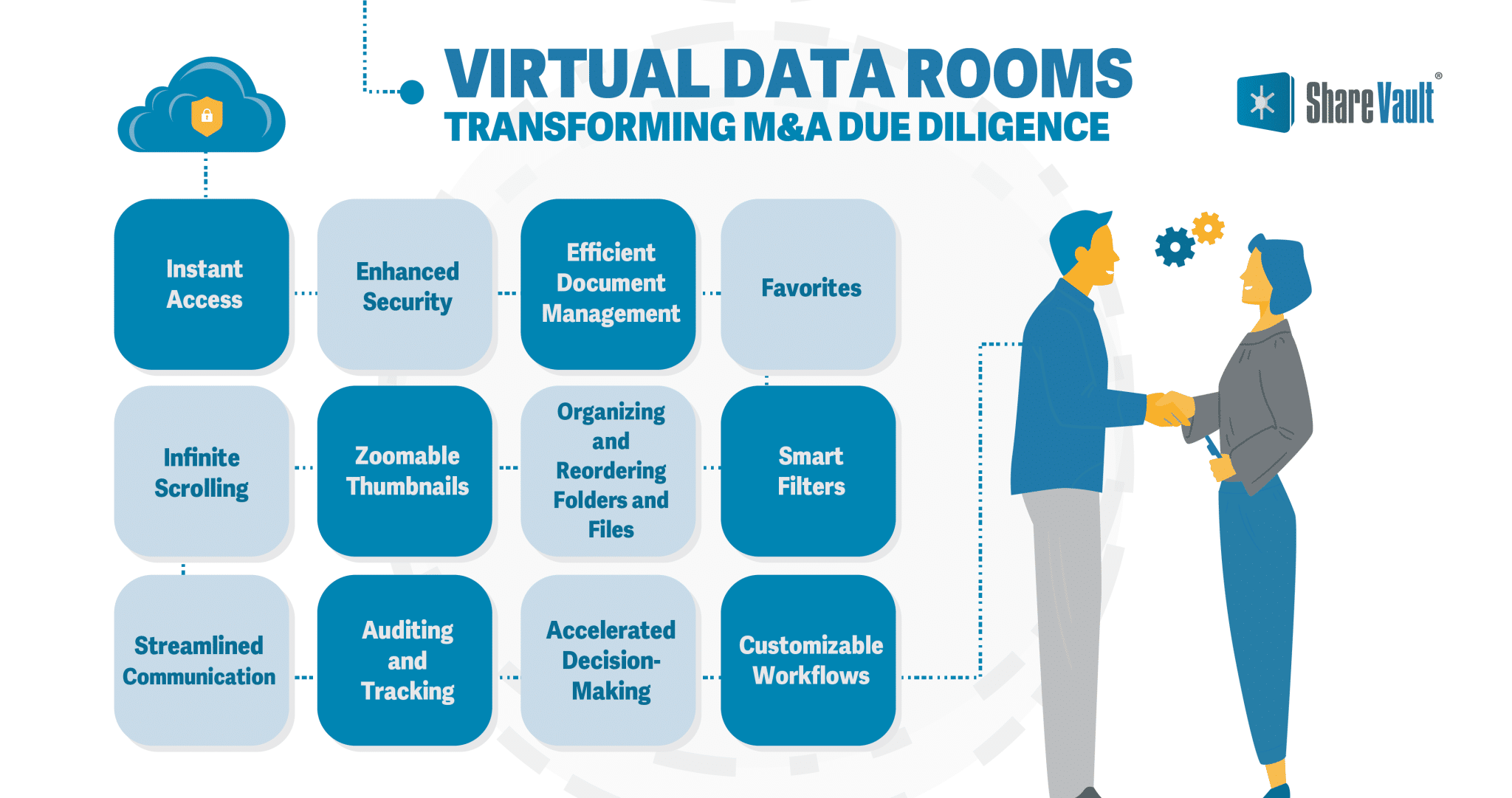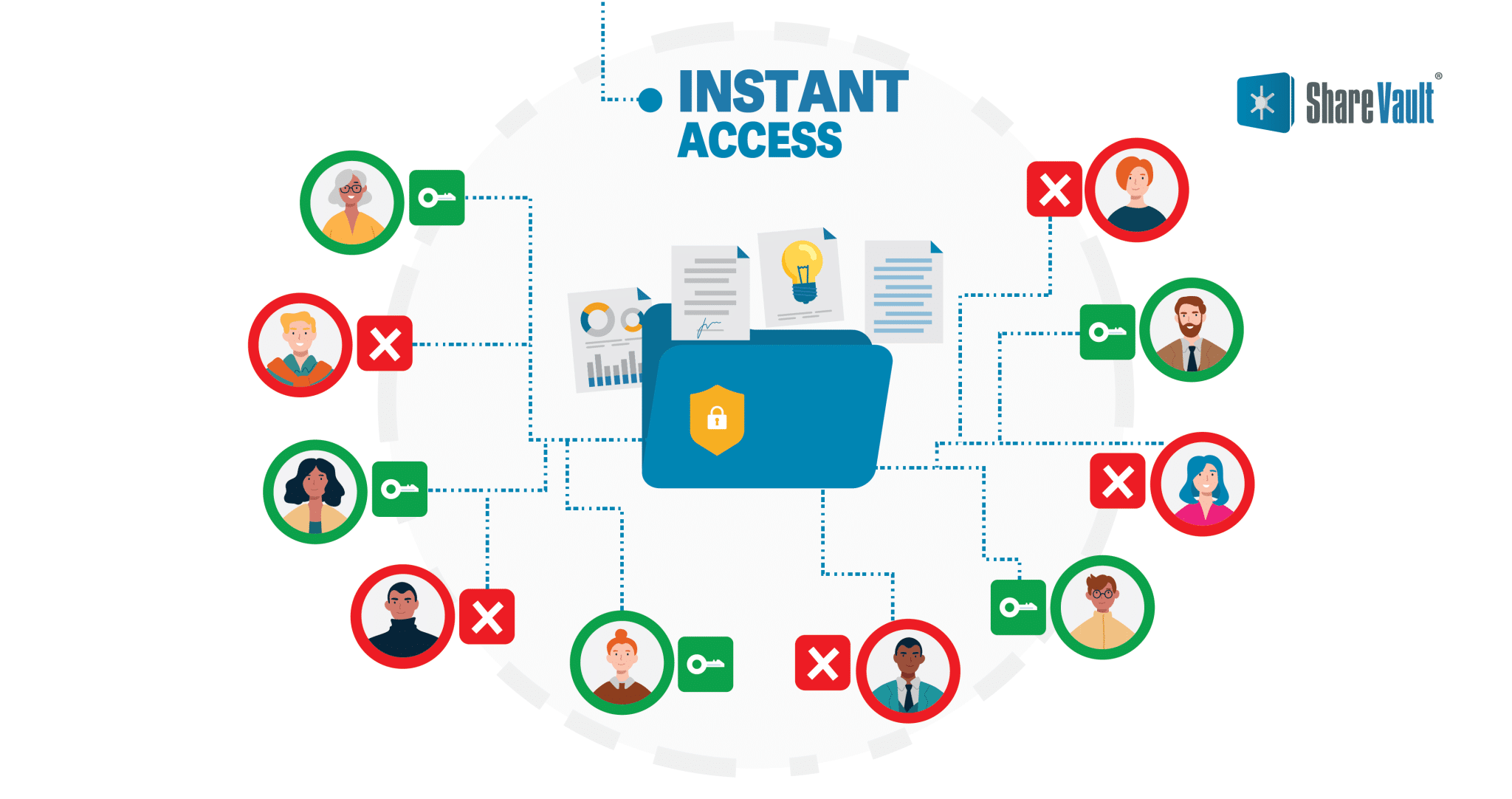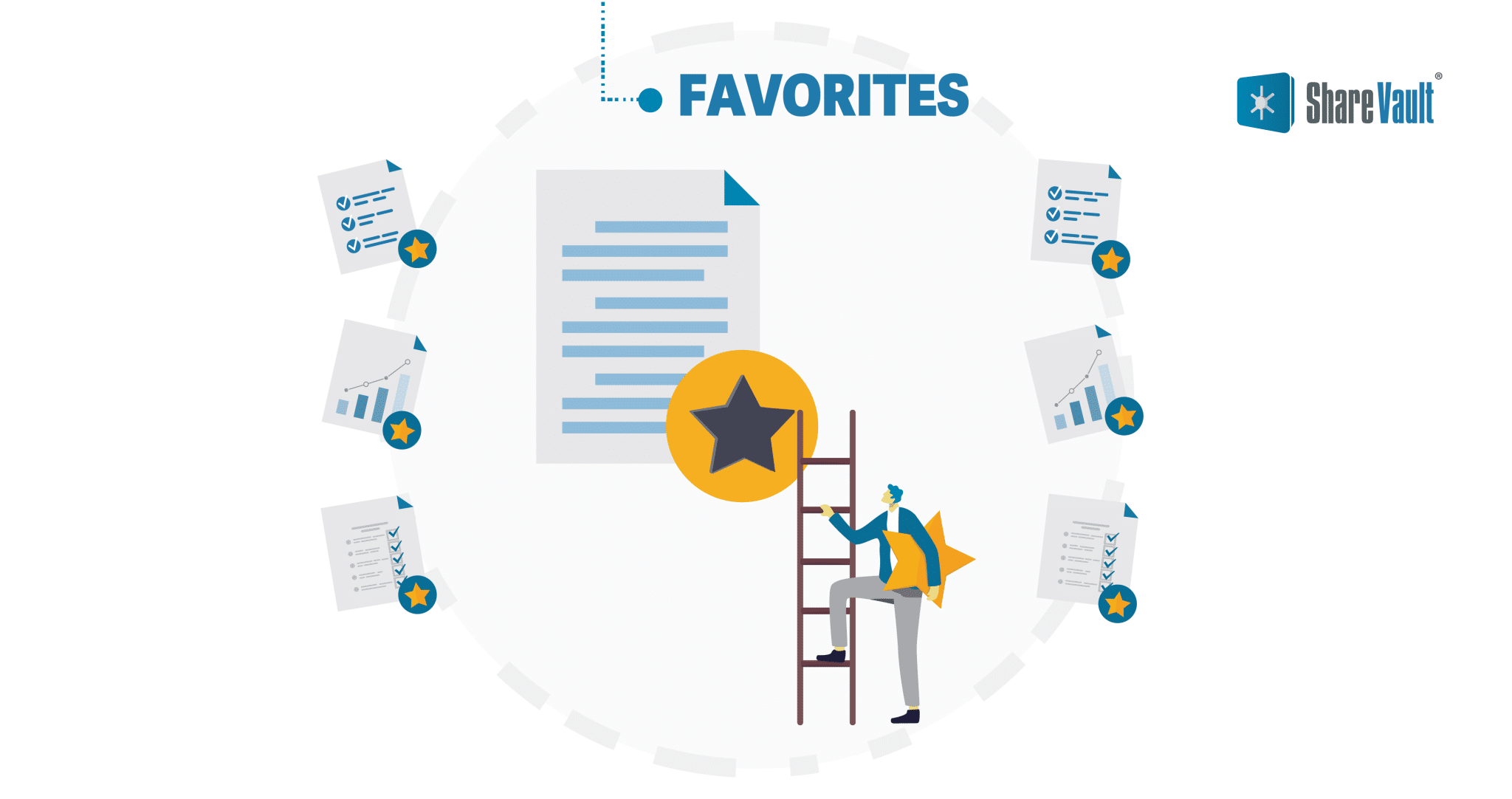In today’s rapidly evolving business landscape, mergers and acquisitions (M&A) have become integral strategies for companies aiming to expand their market share, capabilities, and competitiveness. However, the M&A process is intricate, involving extensive due diligence to ensure a successful transaction and this is where a virtual data room comes into play.
Traditionally, due diligence has been a time-consuming and resource-intensive endeavor that can take months or even years to complete. In general, extended due diligence timelines are not in the interest of either M&A party. The longer the due diligence process stretches out, the more likely the deal will experience price adjustments, or fail completely. Virtual data rooms (VDRs) have revolutionized the M&A landscape by streamlining due diligence processes and significantly accelerating timelines.
Let’s take a look at how virtual data rooms are reshaping M&A due diligence and expediting deal closures.
The Significance of Due Diligence
Due diligence is a meticulous process in which potential buyers or investors examine a target company’s financials, legal documents, operational history, intellectual property, and other pertinent information to assess its value, risks, and potential synergies. The goal is to unearth any potential deal-breakers and make informed decisions about value.
Challenges of Traditional Due Diligence
Traditional due diligence involves physical documents, extensive paperwork, and numerous face-to-face meetings. This approach is not only time-consuming but also fraught with challenges, such as:
Geographical Constraints: Physical documents necessitate travel for all parties involved, leading to longer timelines and increased costs.
Security Concerns: Sensitive information exchanged physically is vulnerable to breaches, theft, or loss.
Inefficient Collaboration: Sharing and updating documents across multiple locations and parties can lead to version control issues and errors.
Limited Accessibility: Physical documents can only be accessed during business hours, restricting the due diligence process’s flexibility and increasing timelines.
Virtual Data Rooms: Transforming M&A Due Diligence
Virtual data rooms are secure online platforms designed to safely host and share confidential information. They offer a comprehensive solution to the challenges associated with traditional due diligence, enabling efficient and secure cloud collaboration among all stakeholders. Here’s how VDRs accelerate M&A due diligence timelines:
Instant Access: VDRs allow authorized parties to access documents 24/7 from anywhere with an internet connection, eliminating geographical barriers and enabling global collaboration.
Enhanced Security: Advanced encryption, multi-factor authentication, and customizable permissioning ensure the highest level of security for sensitive data, reducing the risk of breaches and unauthorized access which can delay deals and cost millions. Modern virtual data rooms offer multiple levels of document security:
- Remote Shredding
With Remote Shredding, an administrator can revoke a user’s right to access a document even after it’s been downloaded to their device. - Granular Access Controls
Granular access controls give administrators the ability to customize document security policies per user, per group, per folder, and more. - Secure Printing
Secure Printing is a feature that allows printing to physical printers while preventing printing to PDF. This provides an additional security countermeasure since printing to PDF is the equivalent of being able to save a high fidelity digital copy of the document. - Dynamic Watermarking
A dynamic watermarking feature automatically applies customized, dynamic watermarks to each page of protected documents and spreadsheets, as well as to protected videos. Watermarks are clearly visible, applied diagonally across the page or screen, yet do not interfere with the readability of the underlying text. The watermark text is customizable, and you can embed the following dynamic information:- User’s email address
- User’s IP address
- Current date
- Current time
Watermarking provides a clear indication to the reader that the content is confidential, and since the user identity can be included in the watermark, it allows for a simple but effective deterrent against distribution of the printed documents to unauthorized readers.
- Expiration Date and Time
Administrators can enforce deadlines by setting a date/time when documents can no longer be opened. - Disable Print, Save, Copy/Paste and Screenshots
Depending on the sensitivity of the documents, customizable policies can be set designating what a user is allowed to do with a document.
Efficient Document Management: VDRs enable easy uploading, organizing, and indexing of documents, ensuring all parties have access to the latest versions. This minimizes confusion and errors resulting from version disparities.
Favorites: Marking a file or folder with a star makes it a favorite. This can be a real time saver for end users, who can mark folders and documents that are of interest to them, and then filter to show only the files and folders that they want to return to quickly.
Infinite Scrolling: Data rooms equipped with infinite scrolling enable users to rapidly scroll through documents to get familiar with the contents of the data room. This accelerates the document review process by vastly reducing the amount of clicking required to browse through the VDRs’ content.
Zoomable Thumbnails: A VDR equipped with a zoomable thumbnails feature provides users with an instant way to take a quick peek at the first page of a document. Next to each document in the VDR, a “thumbnail”, or miniature image of the document, is displayed, showing the first page. Moving your mouse over the thumbnail instantly shows a zoomed-in magnification of the page. This gives the user an added ability to rapidly get familiar with documents without taking the time to click-through into the documents.
Organizing and Reordering Folders and Files: When organizing content for review by third parties, administrators will want to have control over the hierarchical order. With a virtual data room, admins can sort content alphanumerically, by date, or can even customize the order using drag-and-drop. The auto-numbering automatically updates when the order is changed, putting admins in control over exactly how the data room’s content is organized.
Smart Filters: To expedite locating specific documents in the data room, users can instantly filter files based on a variety of filtering criteria:
- Recent — Only display documents that were published since the last login, or in the last day, week, month or quarter
- Read / Unread — Only display documents that have been read, or that have not yet been read
- Published By — Only display documents that have been published by a specific user or group
- File type — Only display documents of specific file type(s) (such as xlsx, docx, pdf, etc.)
Administrators can additionally filter for:
- Viewable By — Only display documents that are permissioned for viewing by specific user(s) or group(s)
- Viewed By — Only display documents have been viewed by specific user(s) or group(s)
Streamlined Communication: Integrated communication tools within VDRs facilitate real-time discussions, eliminating the need for separate email threads or physical meetings which can expose documents to vulnerabilities.
Auditing and Tracking: VDRs offer audit trails that track document access and actions taken by users, providing transparency and accountability throughout the due diligence process. Some virtual data rooms provide a comprehensive audit trail which includes every user login, agreement click through, video watched or document viewed, printed or downloaded, with comprehensive specificity. Administrators can trace the chronology of activities by user and gain insights into their interest level and what they care about, as well as ensure regulatory compliance.
Accelerated Decision-Making: The ease of accessing information and collaborating on a centralized platform in real time expedites decision-making processes, helping buyers or investors reach conclusions faster.
Customizable Workflows: VDRs can be tailored to match the specific needs of each deal, ensuring a smoother and more efficient due diligence process. Many VDRs have features that can facilitate task management and workflows These workflow features can simplify collaboration in a variety of ways:
- Shorten the review cycle
- Protect against theft and the tampering of documents
- Safeguard intellectual property (IP)
- Reduce regulatory compliance exposure
- Clearly define user roles and responsibilities
Case in Point: Real-World Impact
A notable example of how VDRs accelerate M&A due diligence can be seen in a recent tech industry acquisition. Company A, located in the United States, sought to acquire Company B, based in Europe. Traditionally, this process would have required weeks of document preparation, shipping, and travel for in-person meetings. However, by utilizing a VDR, both companies were able to swiftly exchange documents, collaborate effectively across time zones, and complete due diligence in a matter of days. This efficiency not only saved time but also reduced costs associated with travel and document handling.
Conclusion
In an era characterized by rapid business transactions and the need for agile decision-making, virtual data rooms have emerged as indispensable tools for expediting M&A due diligence timelines. By addressing the shortcomings of traditional due diligence methods, VDRs enable secure, efficient, and transparent collaboration, ultimately leading to quicker deal closures. As technology continues to advance, the adoption of virtual data rooms is rapidly becoming a standard practice in the M&A landscape, driving faster and more successful transactions.
ShareVault has been providing companies of all types and sizes with secure document sharing solutions for over 15 years.








